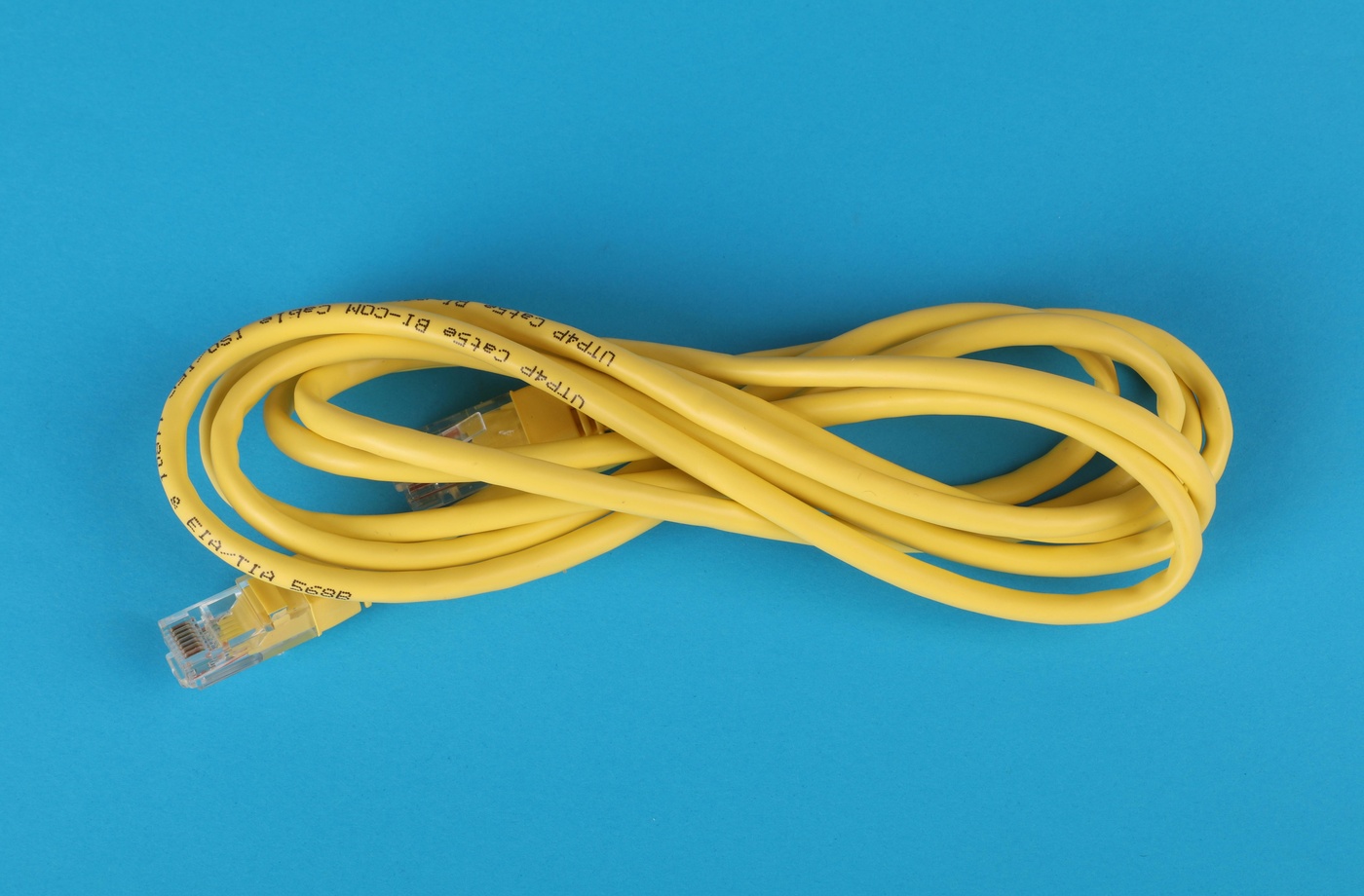Your phone system is a vital part of your company’s communication strategy—but if it’s outdated, it could be costing you more than you realize. Dropped calls, missed opportunities, and limited features can hurt productivity and customer satisfaction. Here are the clear signs that it is time to upgrade your business phone system.
- Frequent Call Drops or Poor Call Quality
If customers or remote teams regularly experience dropped calls, static, or poor audio quality, it is a major red flag. Cloud-based systems like RingCentral MVP and Zoom Phone offer much more reliable voice connections compared to aging landline systems. - Limited Remote Work Capabilities
In a world of hybrid and remote work, your phone system must support mobility. If your current system ties employees to their desks, it is time for a change. Cloud-based VoIP systems allow seamless call transfers, mobile apps, and integrated video conferencing. - Lack of Modern Features
Today’s businesses expect features like voicemail-to-email, call analytics, CRM integrations, and auto-attendants. If your phone system lacks these, you are missing out on tools that improve efficiency and customer service. - Rising Maintenance Costs
Traditional PBX systems often come with high maintenance costs, including hardware repairs, technician fees, and upgrade expenses. Modern VoIP and UCaaS platforms shift these responsibilities to the provider, offering predictable monthly costs with minimal upkeep. - Scalability Challenges
Adding new lines or expanding offices should be simple. If it takes days—or expensive rewiring—to add new users to your current system, a cloud solution like 8×8 X Series or GoTo Connect can provide the scalability your business needs. - Difficulty Integrating with Other Tools
If your phone system does not integrate easily with your CRM, helpdesk, or project management tools, it slows down operations. Leading VoIP providers offer integrations with Salesforce, HubSpot, Slack, Microsoft Teams, and more. - High International Calling Costs
If your company makes frequent international calls, traditional carriers can become expensive fast. VoIP systems often include affordable—or even unlimited—international calling plans. - Security and Compliance Risks
Older phone systems may lack modern security protections, like encryption and fraud detection. Upgraded UCaaS platforms ensure calls, messages, and data are protected and compliant with standards like HIPAA, GDPR, or PCI-DSS. - Business Growth Outpacing System Capabilities
If your business has grown but your phone system has stayed the same, you are likely dealing with performance bottlenecks. A scalable, flexible system ensures your communications infrastructure grows with your company. - Frustrated Employees or Customers
If your team frequently complains about dropped calls or clunky call handling—or if customers are being misrouted or reaching full mailboxes—it is a sign your communication system is hurting business rather than helping it.
Key Takeaway:
A modern, flexible, and scalable business phone system is no longer a luxury—it is a necessity. Upgrading not only enhances customer experiences but also empowers employees to work more efficiently and securely across any location.



